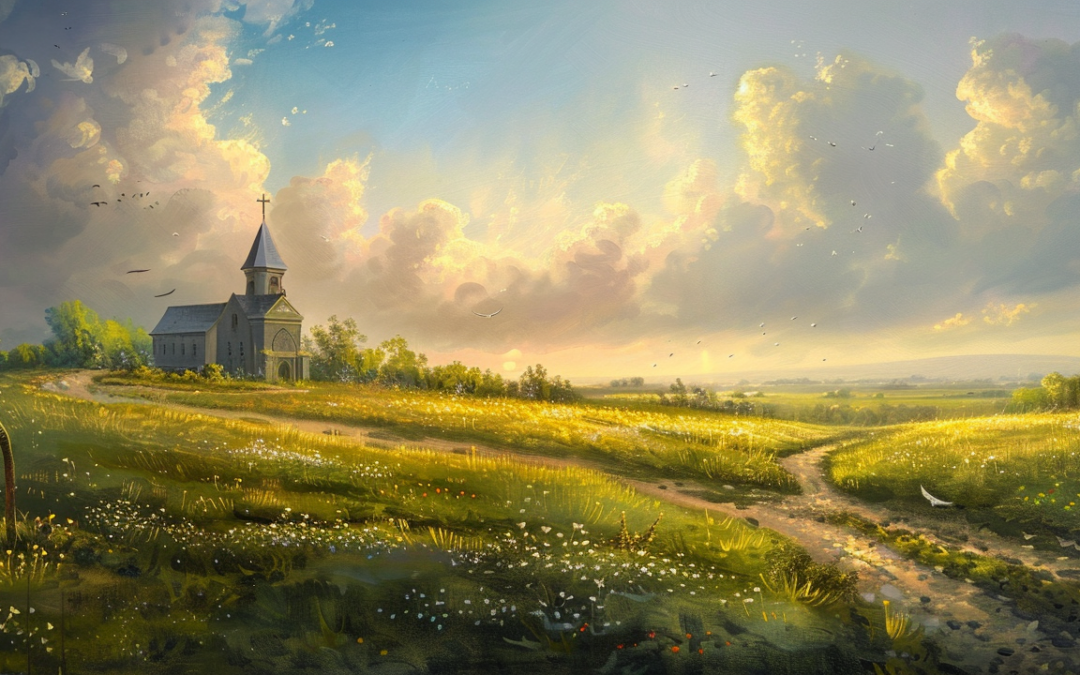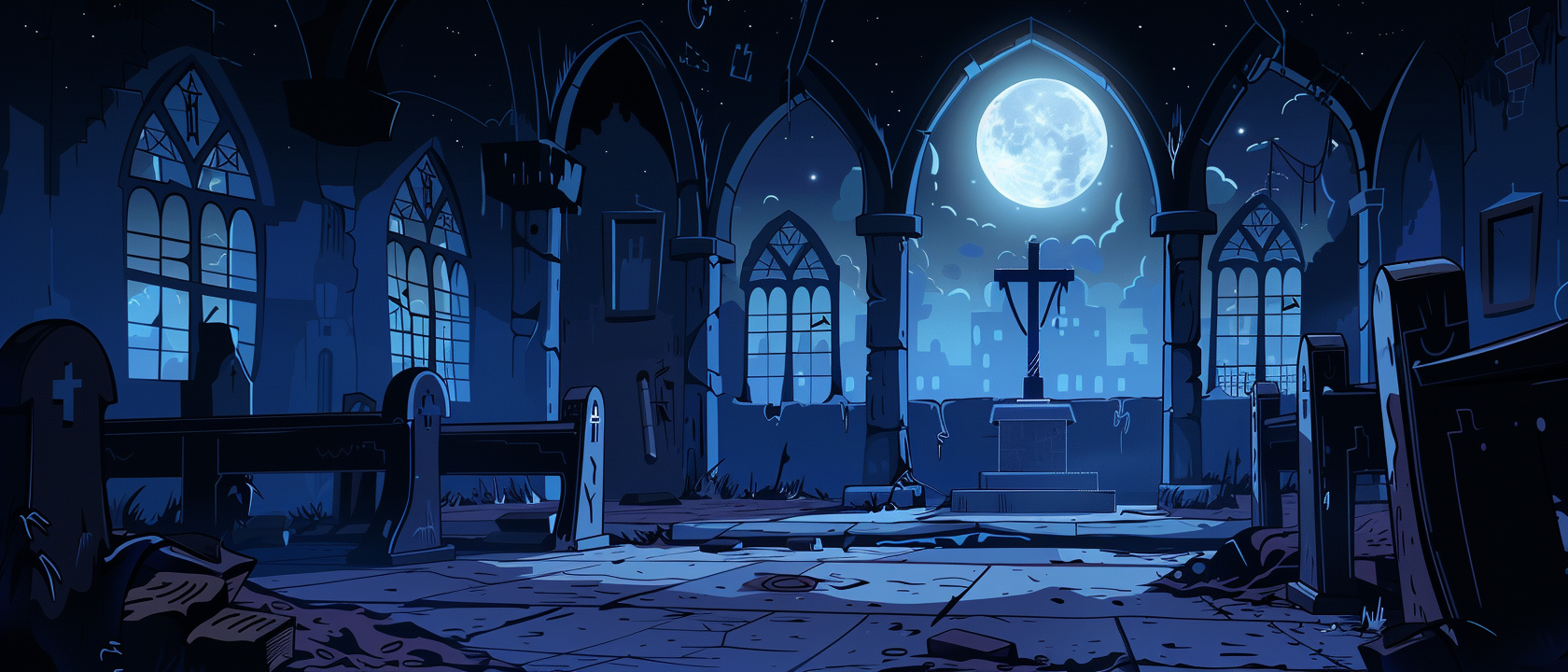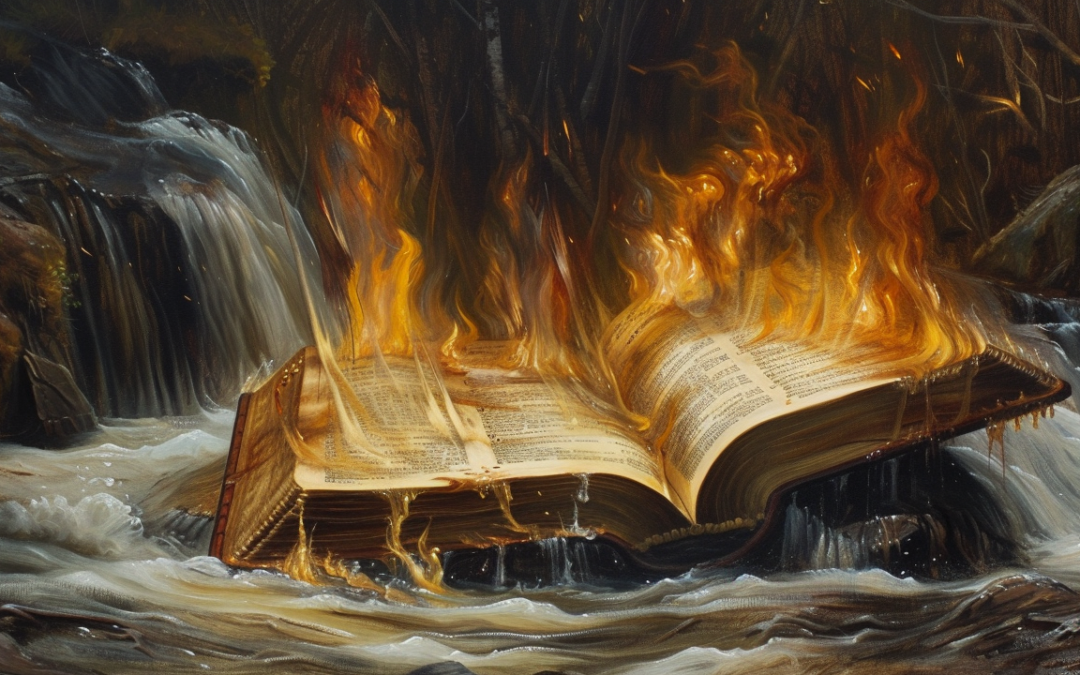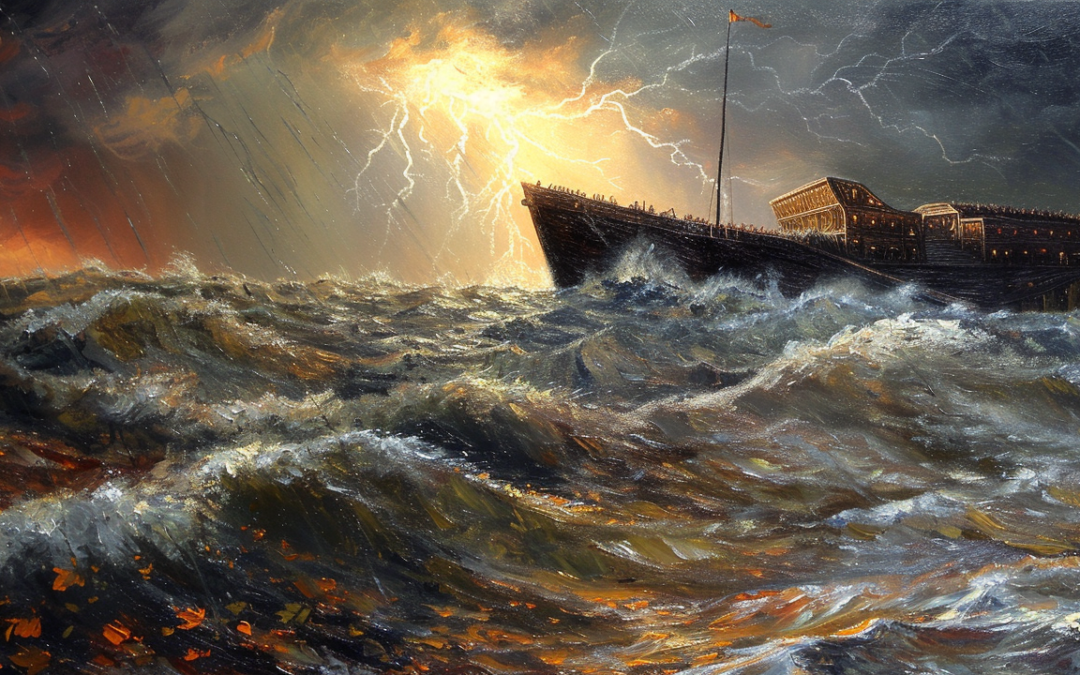
Understanding Spiritual Healing
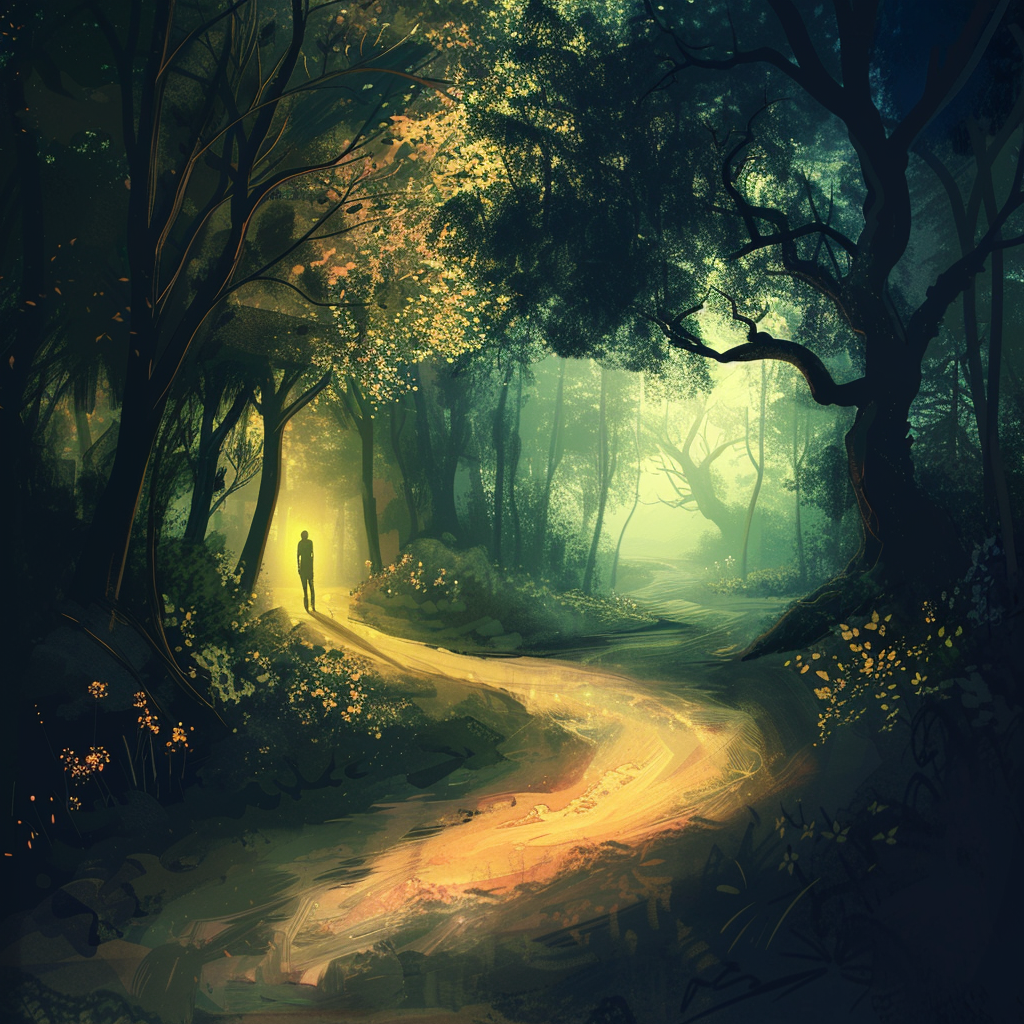
A Path Towards Long-Lasting Solutions
On our journey towards finding inner peace and solace from the challenges of life, the captivating promise of spiritual healing emerges as a guiding light of optimism. However, delving into the realm of spiritual healing within the framework of prosperity teachings uncovers a multifaceted terrain, where the allure of quick fixes intersects with the complexities of our human existence. Embarking on a heartfelt exploration, this blog delves into the realm of spiritual healing, extending an invitation to those who are questioning their faith to embark on a transformative journey with us. Our goal is to delve beneath the surface of simplistic solutions and reveal a deeper, more intricate comprehension of healing that honors our spiritual desires and acknowledges the undeniable realities of our physical and emotional requirements. Let us bring Understanding to Spiritual Healing.
The Allure of Spiritual Healing
The idea of spiritual healing, particularly in the context of prosperity teachings, is undeniably captivating. It offers a journey towards transcendence and renewal, an allure that resonates deeply with those in search of comfort amidst life’s challenges. However, delving into the realm of spiritual healing necessitates a close examination of its allure, prompting us to question the underlying depths of these captivating promises.
Picture yourself standing at a crossroads, faced with two distinct paths. One is a clear and obstacle-free route that guarantees a direct path to healing and fulfillment. The other is a meandering and challenging path, adorned with signs of both struggle and personal growth. Prosperity teachings frequently portray spiritual healing as a direct and uncomplicated path to finding immediate relief from physical, emotional, or spiritual afflictions. This depiction resonates with a profound longing for swift solutions, for uplifting miracles that spare us the arduous task of directly facing our challenges.

Amidst the vast expanse of a desert, one must be wary of the hidden dangers that lie beneath the seemingly solid ground, such as treacherous quicksand. For those in need of solace, it offers a steady foundation, a sanctuary of strength amidst a challenging environment. The mirage of security reflects the initial allure of spiritual healing within teachings of abundance. They exude a sense of empathy and understanding, offering unwavering support when we find ourselves in our most delicate states.
However, relying solely on spiritual healing as a remedy for our ailments can be misleading, much like the treacherous nature of quicksand. When we fully rely on these promises to carry our burdens, the very foundation beneath us begins to change. We find ourselves unexpectedly immersed in a profound state of confusion and disillusionment, where our attempts to break free only seem to pull us deeper. We find ourselves in a precarious situation as the stable foundation we once relied on crumbles away, leaving us vulnerable to the harsh elements.
Exploring the depths of this journey, although challenging, serves as a powerful reminder of the intricate nature of understanding spiritual healing. Having faith alone is not enough to overcome the challenges we encounter. It is important to take action and acknowledge our human needs in order to find our way out of difficult situations.
Appreciating the power of spiritual healing involves acknowledging that genuine healing often necessitates embarking on a meandering journey, filled with challenges and moments of profound insight. It involves recognizing that the allure of a simple solution, although tempting, may not provide the nourishment or assistance we genuinely require to achieve profound and enduring healing.
As we explore this topic further, it is crucial to consider the significance of understanding the genuine essence of spiritual healing. Recognizing the importance of faith in our lives, we can strive to integrate it with a comprehensive approach to our well-being. This approach values both our spiritual journeys and the practical aspects of our physical and mental health.

The Bitter Truth of Spiritual Promises
As we explore the depths of spiritual healing, we come face to face with the raw landscape of reality. The landscape depicted here reveals a narrative that goes beyond the simplistic portrayal often associated with teachings of prosperity. It delves into the reality that the results of spiritual healing can be more nuanced and unpredictable than what is typically promised. Understanding the impact of spiritual healing on our lives requires a shift from the ideal to the real.
In this world, stories of remarkable healings are rare, while there are countless narratives of people struggling with disappointment. These stories go beyond mere anecdotes; they are the real-life experiences of individuals who trusted in spiritual healing, only to continue searching for comfort to ease their lingering pain—whether it be physical, emotional, or spiritual.
Think about the individual who, after receiving reassurances from a faith healer, decides to forgo traditional medical treatment for a serious condition, placing their trust in a divine remedy. Or the person struggling with deep mental anguish who is advised that prayer alone is the solution. Their journeys, filled with empathy and imagination, often lead not to the healing they were promised but to deeper struggles, as the very solutions they pursued become sources of further pain.
This reality highlights the significance of adopting a well-rounded approach to healing, instead of spiritual bypass, which respects the significance of spiritual beliefs while acknowledging the crucial role of professional healthcare. Recognizing the power of spiritual healing involves embracing the idea that faith and medicine can harmoniously coexist, working together to enhance one’s well-being. Finding a balance between various methods of healing is crucial, as we must not overlook the practical aspects of our well-being while seeking spiritual solutions.
As we journey through the intricacies of spiritual commitments, let us embrace the understanding that genuine healing often necessitates a diverse range of solutions. It encourages us to embrace both the spiritual journey and the practical steps needed for holistic health. With a thoughtful and empathetic approach, we discover a more sustainable path to healing that honors the complex interplay between the human spirit and body.
The Impact of Faith-Based Healing on Emotional Well-being
When embarking on the path of finding comfort and restoration through faith, the impact of unfulfilled hopes can be significant and leave lasting emotional wounds. To truly grasp the concept of spiritual healing, we must address not only the tangible consequences but also the inner emotional struggles that often arise from unfulfilled expectations of faith-based remedies. Recognizing the importance of this acknowledgment is crucial, as its impact goes beyond mere disappointment and deeply affects the well-being of those involved.
When spiritual healing falls short of its promised cure, it not only leaves behind physical ailments. It can leave a profound feeling of shame and guilt on the person. This leaves a profound and lasting impression, not just a fleeting expression of emotion. The narrative surrounding prosperity teachings creates an environment where harmful emotions can thrive. People often find themselves struggling with the idea that their suffering continues not due to the nature of their condition, but because they may feel they lacked the necessary faith or worthiness for divine intervention.

This sense of shame and guilt carries a heavy weight. They have a profound impact on one’s self-esteem, leading to feelings of isolation and significantly changing the trajectory of one’s life. When faced with an overwhelming psychological burden, individuals may feel compelled to find solace through various means. Unfortunately, for some individuals, they find solace in substance abuse as a temporary escape from their inner struggles. Some individuals may experience such intense pain that they contemplate suicide as a way to escape the constant feeling of inadequacy and the longing for relief and joy.
The unfortunate aspects of spiritual healing’s shortcomings shed light on the crucial need for a support system that understands the intricacies of the healing process. It highlights the importance of an approach that not only focuses on healing physical ailments through faith and medical intervention, but also prioritizes the emotional well-being of the individual. Recognizing the boundaries of spiritual healing involves ensuring that individuals in need of healing receive support and guidance, so they don’t have to face their most challenging times in isolation, weighed down by unwarranted shame and guilt.
As we progress, it’s important to keep in mind that the path to healing is complex and requires empathy, comprehension, and a comprehensive approach that prioritizes the overall well-being of each person, encompassing their mental, physical, and spiritual aspects equally. By doing so, we can assist in alleviating the distressing consequences of faith-based healing and aid individuals in discovering genuine, enduring comfort and healing.

Exploring an Innovative Direction
As we strive to move away from the illusion of instant spiritual healing, it becomes essential to chart a course for a fresh adventure—a route guided not by the pursuit of a mysterious cure-all but by deliberate, meaningful steps towards comprehensive well-being. Understanding that there is no easy solution for our troubles, whether they are related to our mind, emotions, or body, is like having a sudden realization of the risks posed by quicksand. Navigating through quicksand, just like the journey towards genuine healing, calls for careful, intentional steps and, frequently, the assistance of those around us.
Embracing a holistic approach to mental health care
For individuals grappling with mental health challenges, the realm of healing encompasses a range of well-established therapies and treatments that recognize the intricacies of the human psyche. One example of a therapeutic approach is Cognitive Behavioral Therapy (CBT), which provides a structured method for recognizing and questioning distorted thought patterns. Other tools include psychosomatic therapies like EMDR. By equipping individuals with effective tools, CBT can bring about meaningful enhancements in mental well-being. In the same way, medications like antidepressants or antipsychotics can have a significant impact on balancing brain chemistry, providing a stronger foundation for individuals who have been struggling with their conditions.
It’s crucial to keep in mind that incorporating therapy and medication into one’s life is a gradual process that demands patience and determination, much like slowly escaping quicksand. It might also require a group of experts and close ones who provide support, empathy, and motivation throughout the journey. This collaborative effort highlights the diverse aspects of healing, where the focus is on long-term improvement in one’s quality of life rather than immediate relief.
Exploring the Path to Physical Well-being through Medical Science and Lifestyle Adjustments
Likewise, when it comes to physical ailments like cancer, the path to healing involves relying on proven medical practices and making necessary lifestyle changes. Treatment options such as chemotherapy, radiation therapy, and surgery play a crucial role in a comprehensive treatment plan to combat disease. They are not miracle cures, but they are important tools in the fight against illness. In addition to medical interventions, incorporating lifestyle changes such as maintaining a balanced diet, engaging in regular exercise, and practicing stress management can greatly contribute to overall well-being and strength. These changes serve as reliable guides, helping us navigate away from the uncertainties of life.
Having a deep understanding of spiritual healing in this context involves acknowledging the limitations of relying solely on faith and appreciating the practical measures we can take to achieve recovery. It recognizes the importance of addressing both our spiritual well-being and our physical and mental health concerns with practical, evidence-based approaches.
Embracing Progress as One
The path away from the treacherous grip of empty assurances can be arduous and demanding, necessitating a web of assistance and a wide array of innovative methods for restoration. This path acknowledges and embraces the importance of spiritual beliefs, encouraging us to blend our faith with effective, evidence-based healing approaches. We are inspired to develop a holistic approach to well-being, one that acknowledges our diverse needs and the wide range of support that is accessible to us.
As we navigate this uncharted territory, let us wholeheartedly embrace the deliberate and mindful journey towards healing. It’s important to acknowledge the value of seeking assistance, embracing scientific and medical progress, and the impact of our collective support for each other. By doing so, we can discover a stable footing—a strong base constructed through a holistic approach to healing that respects our complete beings.

Bringing it all together
Throughout our exploration of “Understanding Spiritual Healing,” we have traversed intricate landscapes of promises rooted in faith, confronted the emotional aftermath of unfulfilled expectations, and forged a fresh direction that embraces a holistic approach to healing. This exploration has highlighted the significance of finding a harmonious path that acknowledges our spiritual journeys while keeping us rooted in the practicalities of professional healthcare.
As we conclude this discussion, it’s important to remember that the pursuit of healing, whether it’s for our mind, emotions, or body, is a profoundly personal path that doesn’t have to be faced in solitude. The appeal of immediate spiritual healing, though enticing, frequently disregards the complex nature of our challenges. Genuine healing, a process that is deep and long-lasting, necessitates our willingness to embrace a range of resources and supports that are at our disposal.
Experienced and knowledgeable healthcare providers are essential partners in this journey. They provide evidence-based treatments and offer empathetic guidance that can result in tangible improvements in our well-being. These professionals have the expertise and care to help us navigate the challenges we face, whether it’s through therapy, medication, medical interventions, or lifestyle changes. Their trusted and proven methods can make a difference.
Recognizing the limitations of any single approach and embracing a holistic strategy that integrates medical science, psychological understanding, and spiritual wisdom is crucial in understanding spiritual healing. It serves as a gentle reminder that reaching out for professional assistance is not a sign of weakness, but rather a brave stride towards regaining our health and overall well-being.
Let us approach the future with empathy and innovation, prepared to explore a wide range of healing possibilities. Let’s come together to support each other in our journeys, providing empathy, understanding, and encouragement along the way. Working together, we can discover a stable foundation, where the journey towards healing and the restoration of hope can begin.
Remember that you are never alone in your journey towards understanding and healing, and there is always support available to you. Embrace the journey, seek expert guidance, and remain open to the numerous paths of healing that await you. Here’s to embracing progress, taking deliberate strides towards a life filled with well-being and satisfaction.
Thank you for taking your time to allow yourself to bring Understanding Spiritual Healing.
